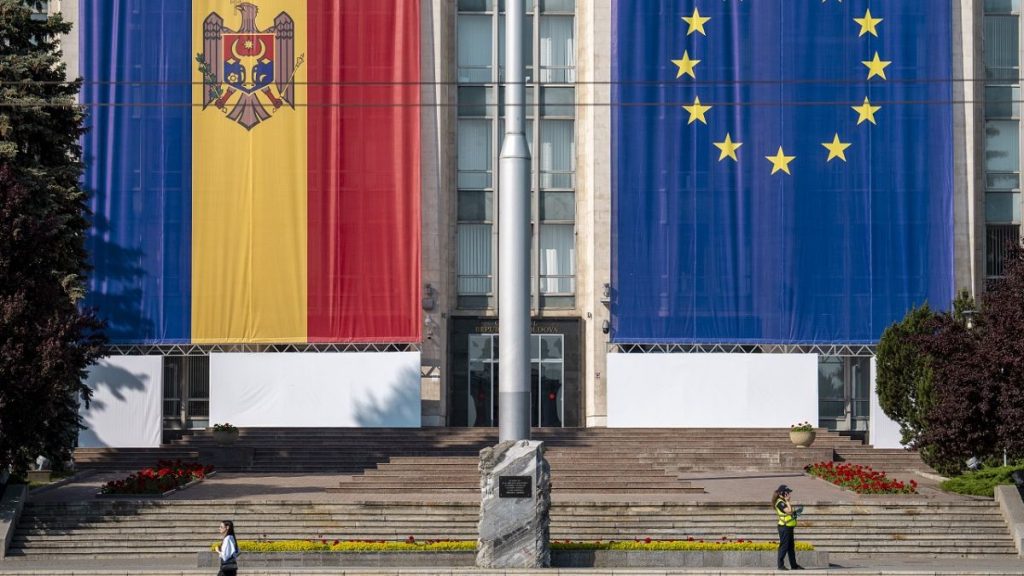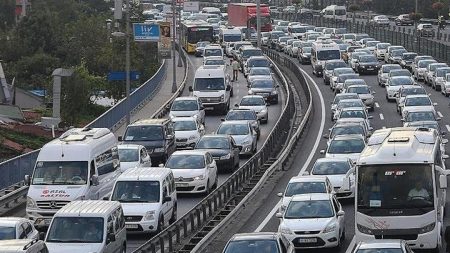On Sunday, Moldovans will participate in both a presidential election and a constitutional referendum on EU membership. This referendum will determine whether EU accession will become a constitutional goal for the country. The Central Electoral Commission in Chisinau printed around 5.6 million ballot papers in multiple languages for the election and referendum. Twelve parties support the “YES” option, while two support the “NO” option. A “YES” vote could lead to tensions with the pro-Russian breakaway region of Transnistria, where Russian soldiers are still present. Moldova has accused Moscow of interfering in the referendum by funding efforts to sway the vote.
Incumbent Moldovan President Maia Sandu is running for re-election and has been a strong advocate for Moldova’s EU membership. Her election in 2020 was seen as a significant democratic achievement. Sandu, who was previously an economist at the World Bank, has gained popularity for her pro-Western stance and commitment to fighting corruption in the country. Recent polls indicate that she is leading in both the presidential race and the referendum on EU accession.
The outcome of Sunday’s referendum will have significant implications for Moldova’s geopolitical direction. A “YES” vote would signify a commitment to further integration with the European Union, potentially leading to increased cooperation and support from EU member states. However, this could also lead to challenges in the region, particularly with regards to relations with Transnistria, a pro-Russian separatist region within Moldova. The presence of Russian soldiers in Transnistria adds a layer of complexity to the situation, as it highlights the ongoing tensions between Moldova’s pro-Western aspirations and Russia’s influence in the region.
The referendum on EU accession has sparked controversy and allegations of foreign interference. Moldova has accused Russia of attempting to influence the vote by funding efforts to undermine support for EU membership. This highlights the broader geopolitical dynamics at play in the region, as Moldova seeks to balance its Western aspirations with its historical ties to Russia. The outcome of the referendum will not only shape Moldova’s future relationship with the EU but also its relations with neighboring countries and regional actors.
The inclusion of multiple languages on the ballot papers for the election and referendum reflects Moldova’s diverse population and the importance of representing ethnic minorities in the political process. This move towards inclusivity demonstrates a commitment to ensuring that all citizens have a voice in shaping the country’s future. By offering ballot papers in Russian, Ukrainian, Gagauz, Bulgarian, and Romani, Moldova is sending a message of unity and inclusion, despite the tensions and divisions that exist within the country.
Overall, Sunday’s elections and referendum represent a critical moment for Moldova as it navigates complex geopolitical challenges and seeks to define its future path. The outcome will not only determine the country’s leadership for the coming years but also shape its relationship with the EU and Russia. Moldova’s commitment to democracy and inclusivity will be tested as voters cast their ballots and make their voices heard on issues of national and international significance.















